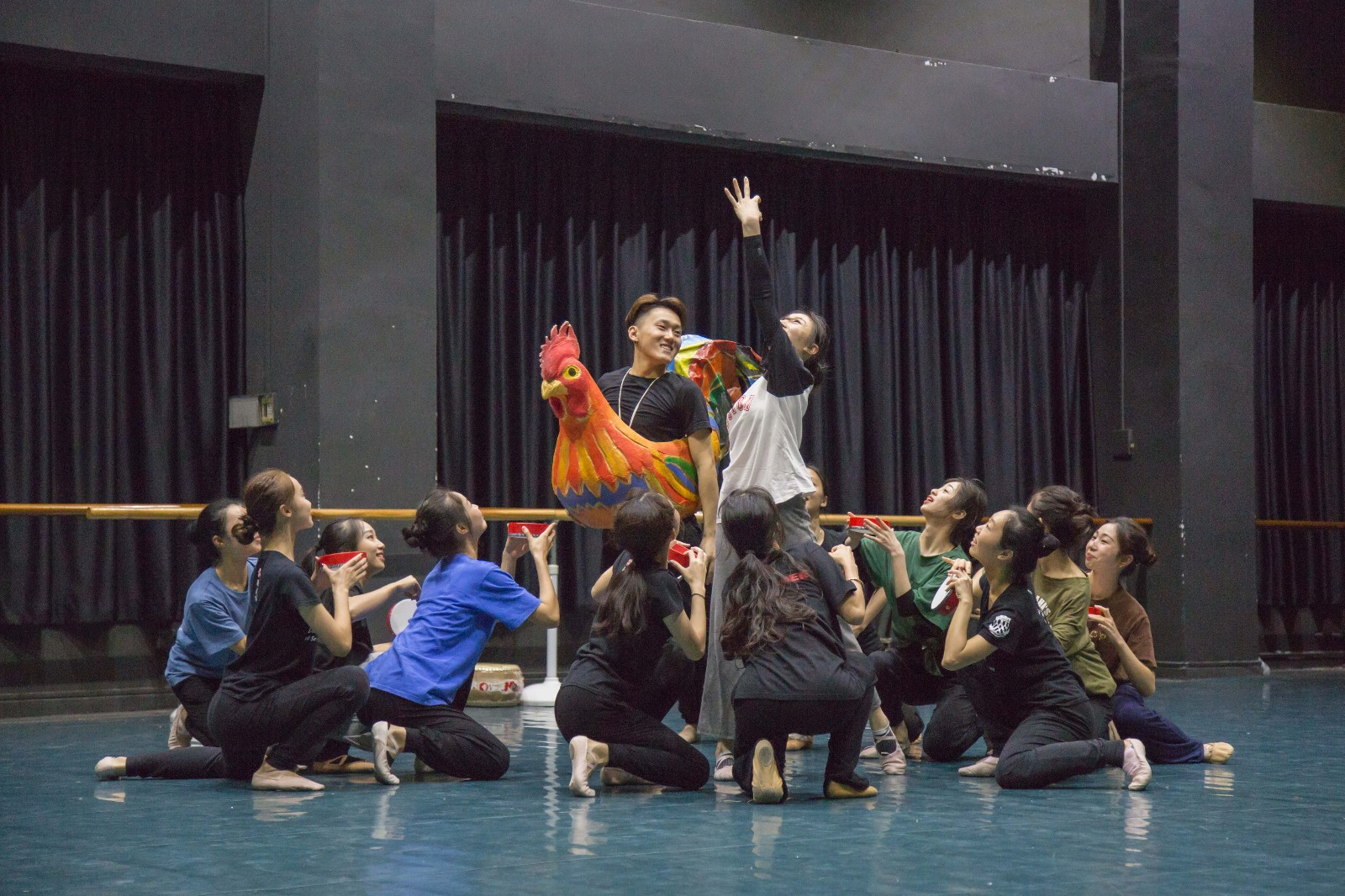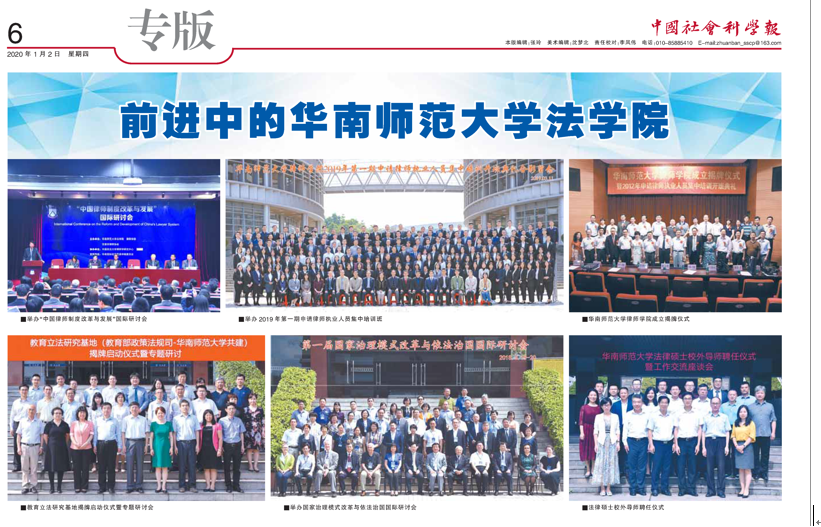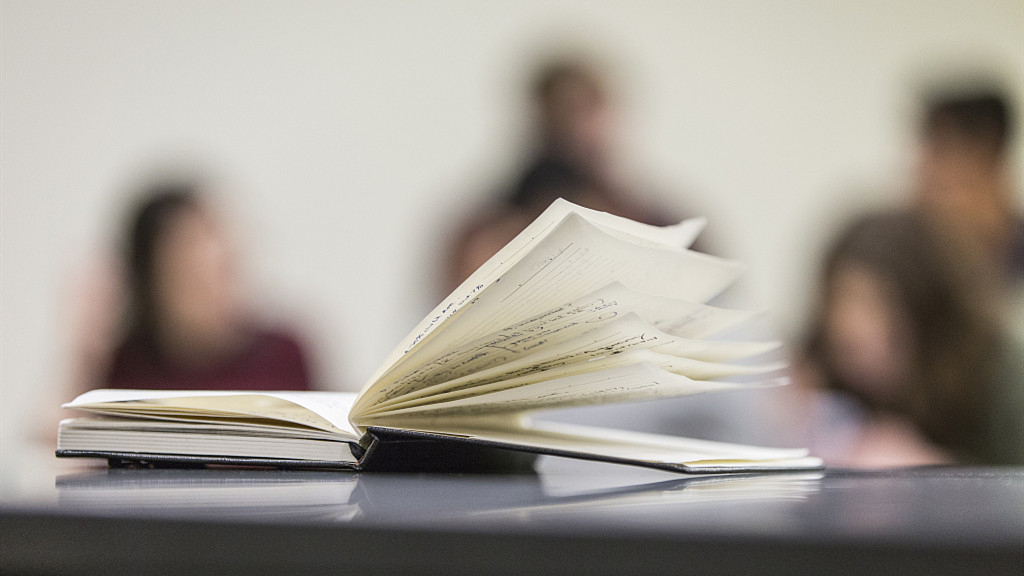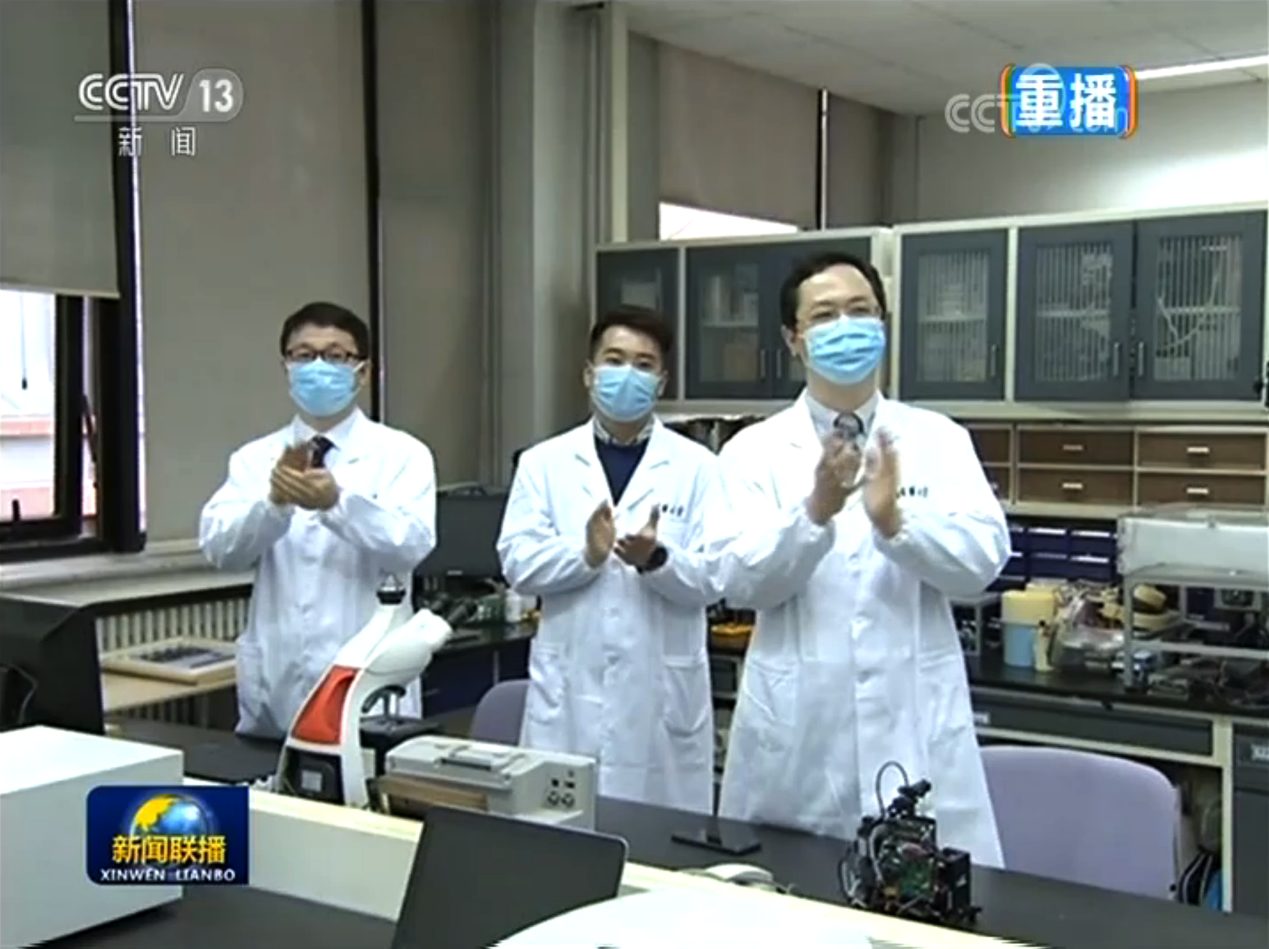Likes
At a key meeting of the Communist Party of China held this summer, the Chinese leadership decided to fully implement the strategy of invigorating China through science and education, highlighting education, science, technology and talent as the basic and strategic underpinning of Chinese modernization.
Last year, the Ministry of Education (MOE) and several other departments issued guidelines on strengthening science education for primary and middle school students. Thanks to a joint initiative by the MOE and other parties this year, town schools in less developed regions have welcomed scientists, popular science talents, and science museum staff for their mobile science classes.
China has also released a reform plan, requiring universities to optimize and adjust around one-fifth of their academic disciplines and majors by 2025. According to the plan, new academic programs will be established to align with emerging technologies, new industries and business models. Those failing to evolve with social and economic advancements will be phased out.
In March this year, the MOE released the 2024 catalog of undergraduate majors for colleges and universities, which listed 24 new majors among 816 majors. The new majors range from high-power semiconductor science and engineering to intelligent marine equipment to classical Chinese studies.
Chen Xianzhe, a professor at the School of Education, South China Normal University, said the adjustments of majors reflect the trends of China's higher education, which focus more on meeting socioeconomic needs, raising students' competitiveness in the job market, and promoting interdisciplinary integration and innovations.
The country has also directed more emphasis on vocational education. In 2022, a guideline was issued to advance reform and high-quality development of vocational education, aiming to enhance the capacities of vocational schools and increase the quality, adaptability and appeal of vocational education to train more high-caliber technicians and skilled workers.
China's international influence in the education sector has also grown. It has signed agreements with 59 countries and regions to recognize each other's academic diplomas and degrees. The national smart education platform, launched in 2022, has recorded over 50 billion visits to date, with over 10 million overseas users located across more than 200 countries and regions.
This news article originally appeared with the headline "China Focus: China's decades-long quest for balanced quality education goes on"
Source: Xinhua
What to read next:










